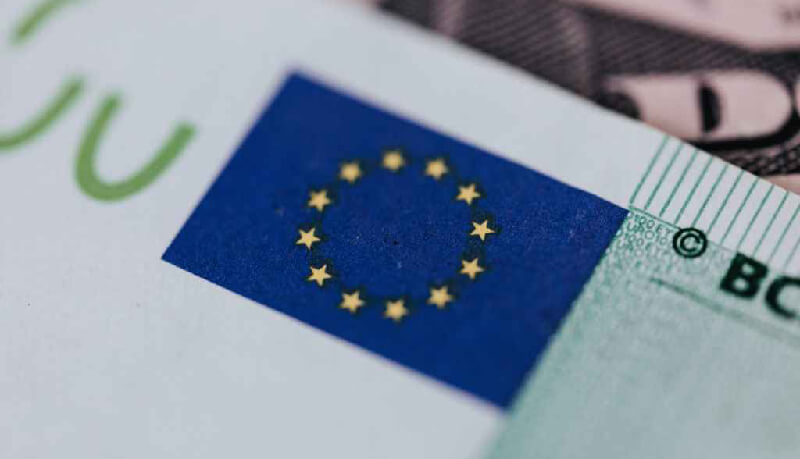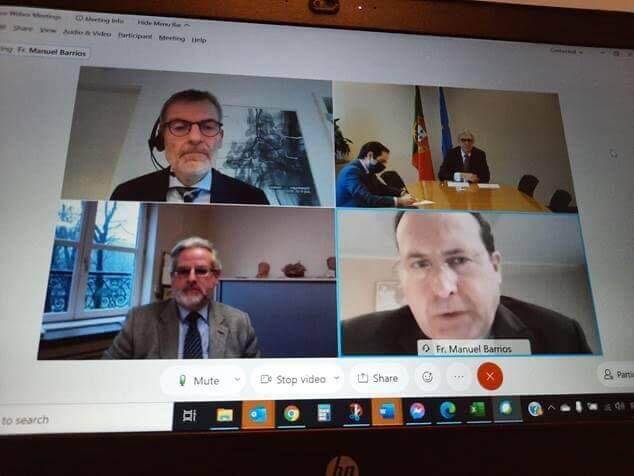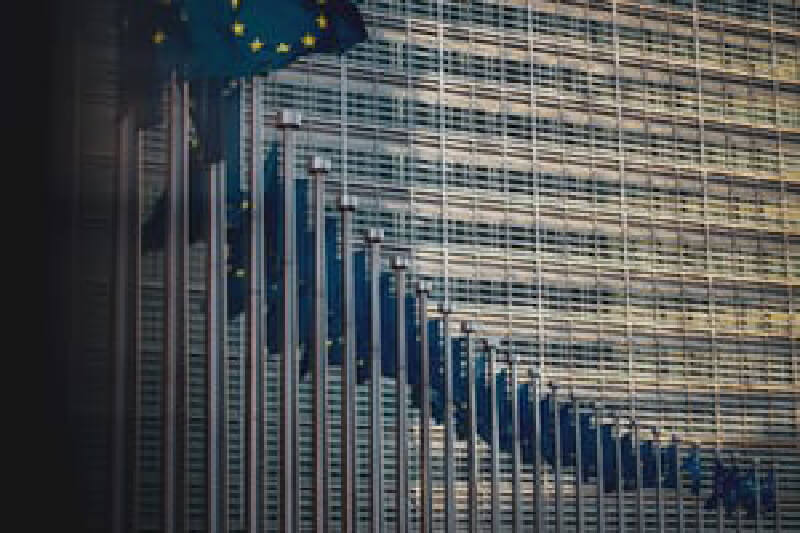Courtesy photo
“/>
Fountain
Shown are Jonna Davis, left, and her son Carson Davis.
Courtesy photo
“/>
Shown are Jonna Davis, left, and her son Carson Davis.
Courtesy photo
Related Articles
LUMBERTON — A recent donation to the Robeson County Public Library of one dozen books written by children battling illnesses is an opportunity to learn and to find hope and courage for local children and their families.
Donna and John Morrison donated books to the library at the end of 2020 in memory their late grandson, 5-year-old Carson Davis. In 2016, Davis was diagnosed with T-cell acute lymphoblastic leukemia, also known as T-ALL. He died in 2017 of a brain hemorrhage.
The Morrisons have donated annually to the library since Carson’s death, said Jonna Davis, their daughter and Carson’s mother.
The books donated in 2020 were ordered through www.booksthatheal.org, a nonprofit that helps children battling “chronic illnesses” illustrate and publish their own books, according to organization’s website.
“She (Donna) said it’s a nice memorial for him since he loved to go to the library, pick out books and read,” Davis said.
The donation also serves to support the library and add to its literary collection.
Among the books donated was “My Short Stories,” by the late 10-year-old Hanna Markham, of Lumberton. Markham battled metastatic rhabdomyosarcoma from the age of 2. She lost her battle with the form of cancer on May 20, 2020.
Stories like Markham’s show children they too can write to cope with their illnesses and publish their own books one day, Davis said.
“While she was going through treatments and fighting her battle with cancer, she was writing things and drawing,” Davis said.
Carson and Hanna went to preschool together, and she will always remember Hanna for her creativity, character and love of cats, Davis said.
“‘Strong’ is the word that comes to mind,” she said of Hanna.
And the Robeson County Public Library is honored to share her stories and the stories of others for readers young and old, Director Katie Fountain said.
“It is important for children to not only learn about other people’s experiences, but to see themselves represented in stories. Children facing serious illnesses may read these books and feel that they are not alone in their challenges,” Fountain said.
And the friends and family of children with serious illnesses may find comfort among the pages, she said.
“Having these books in our library helps celebrate those who have overcome their illness and respects the loving memory of those who are no longer with us,” Fountain said.
Knowing her son’s name is in all of the donated books is something for which she thankful, and something he too would enjoy, Davis said.
“I think it’s special,” she said.
Carson loved to read and was just starting to learn to do so on his own, Davis said. She recalled reading books to Carson and his three brothers at night.
“I think reading is important and family time together is important. I think reading opens the door to those opportunities,” Davis said.
And it also opens the door for learning, she said.
“I am grateful to John and Donna Morrison, who have regularly added books to our children’s collection since the passing of their grandson, Carson. I love seeing every book donated and that other children are learning to love books through his memory,” Fountain said.
When she first started working for the library in the Children’s Department, Carson was one of her first “library babies,” Fountain said.
“He was always so happy to be at the library with his big brothers, always smiling,” she said. “He brought joy to my day every time I saw him. Someone close to me has had leukemia for a long time, so Carson’s battle hit very close to home.”
Tears still come when she thinks him, but they’re always followed with a smile, Fountain said.
“It is impossible to think about Carson and not smile,” the library director said. “I hope our community will be inspired by his love of reading and pick up one of these books soon!”
Reach Jessica Horne at 910-416-5165 or via email at [email protected]













